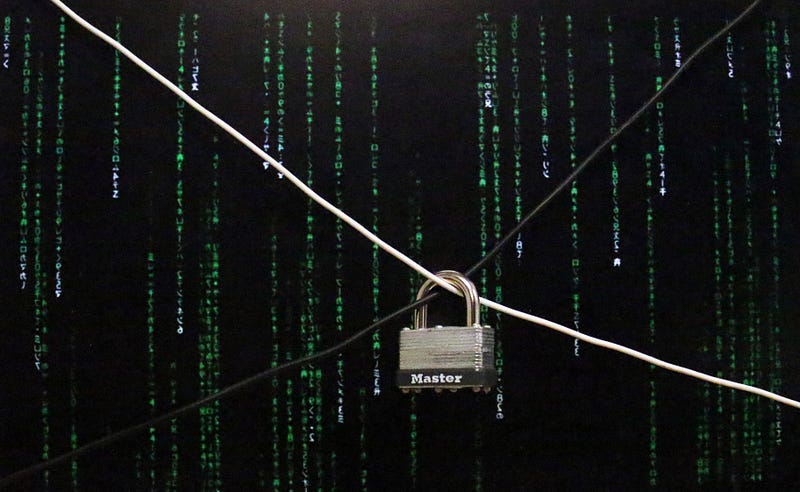
How to choose passwords that’ll stump hackers and keep your information safe
By Dejon Gill
We tend to choose passwords that are easy for us to remember — some relative’s middle name and the birthday of another, perhaps. The problem is that passwords that are easy to remember are equally easy to guess. Luckily, there are easy and cheap ways to increase password security.
DO:
Choose passwords that are difficult to remember. A random collection of numbers, letters, and special characters (punctuation marks, etc) is optimal.
Make your passwords long. The longer, the better. If the service that you are using allows for your password to be 24 digits, go for gold!
Change your passwords often.
Use two-factor authentication. Using only a password is considered single-factor authentication. Adding a second way to authenticate your account (such as a code sent to your phone, or your fingerprint) greatly increases your security.
Use a completely different password for each service that you use (email, Twitter, Reddit, etc).
DON’T:
Don’t re-use your passwords! This point is repeated for emphasis.
Don’t use things that come from your life. It is relatively easy to search the internet for personal information about an individual, like names of relatives, birthdates, etc.
Don’t share your password, even if a company “says” it’s necessary. Companies will never ask for your password to identify you, only scammers.
Don’t use autofill for anything. Hackers can include invisible fields (those boxes where you input your username, credit card information, etc), and browsers will detect and automatically fill in those invisible fields, giving up whatever information you have set to auto-fill without your knowledge.
Passwords that are easy to remember are equally easy to guess.
—
Having 15 complex passwords is tough, so use a password management tool like 1Password or Password Manager. These services store your passwords in an encrypted file on your devices, letting you access the unique complex passwords for each different service by entering a master password.
Choose a master password that is made up of several unrelated words, such as “disney*FallAcy-gOldenRod_maple,” which is reasonably complex yet easy to remember. “si_3i!k8s*” would be hard to remember, and relatively easily hacked; computers are much faster and have better Central Processing Units (CPU) than was possible when those types of passwords were considered to be safe.
Dejon Gill is a Tower Staff Writer. Email him at dejonjgill(at)gmail.com.

























